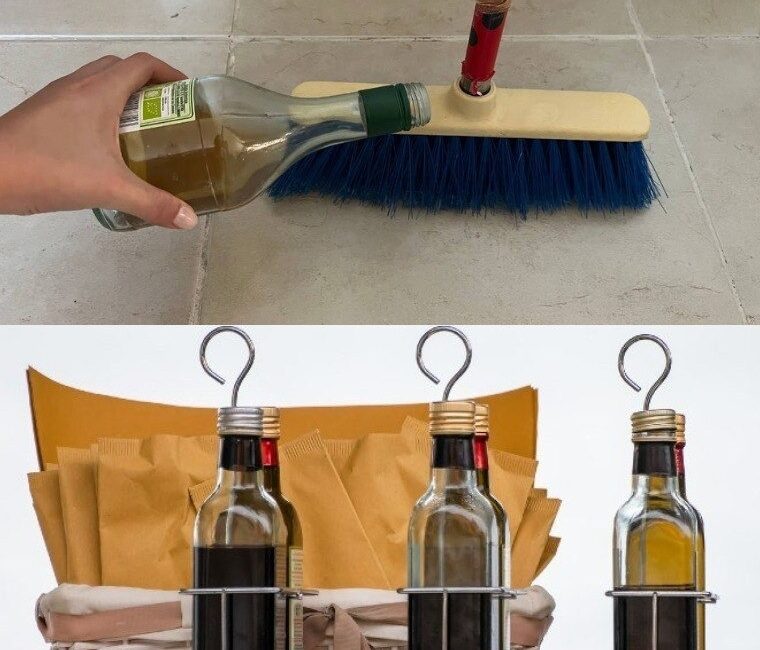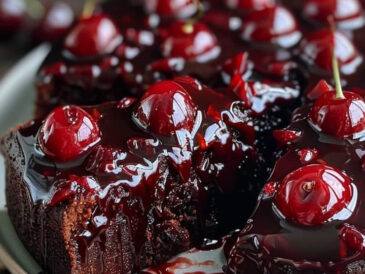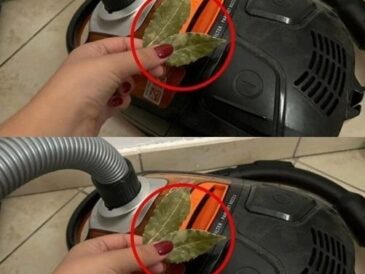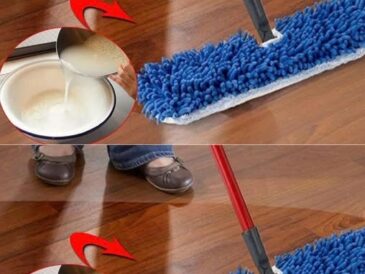When it comes to cleaning, there are countless methods and products available on the market, from expensive chemical cleaners to natural solutions. However, one humble household item stands out for its remarkable versatility and effectiveness: white vinegar. Many people may be familiar with vinegar as a key ingredient in cooking, but its uses go far beyond the kitchen. White vinegar, in particular, is a powerhouse for household cleaning, especially when it comes to mopping floors. With just a little white vinegar on your mop, you can transform your floors in ways you never imagined. This article will explore why white vinegar is such an effective cleaning agent, how it works on different types of flooring, and some tips and tricks to make the most out of this incredible cleaning solution.
The Science Behind White Vinegar’s Cleaning Power
White vinegar, or distilled vinegar, is made by fermenting ethanol with acetic acid bacteria, resulting in a solution that typically contains 4-7% acetic acid. This acidity gives white vinegar its cleaning power, as acids are excellent at breaking down grease, grime, mineral deposits, and even killing certain types of bacteria and fungi. Its relatively low cost, eco-friendly nature, and non-toxic properties make it an appealing alternative to harsh chemical cleaners.
When used on floors, the acidity of white vinegar helps dissolve residues and dirt that accumulate over time. It can break down grease, soap scum, and mineral deposits from hard water, leaving your floors gleaming without the need for harsh chemicals. Additionally, the acetic acid can help neutralize odors, leaving your home smelling fresh and clean.
Why White Vinegar is Ideal for Mopping Floors
1. Non-toxic and Safe for Pets and Children
One of the most significant advantages of using white vinegar for cleaning is that it is completely non-toxic. Many commercial cleaning products contain chemicals that can be harmful to both humans and pets, especially if ingested or inhaled. White vinegar, on the other hand, is safe to use in homes with children and pets, making it an excellent choice for families who want to avoid harsh chemical cleaners. It’s a natural product that won’t pose health risks if it’s used appropriately.
2. Effective for a Variety of Floor Types
White vinegar is versatile enough to be used on different floor types, making it a go-to solution for many households. Whether you have hardwood, tile, laminate, vinyl, or even linoleum floors, white vinegar can help maintain their cleanliness and shine.
- Hardwood Floors: While excessive moisture can damage hardwood, a diluted vinegar solution works well for cleaning these floors. It lifts dirt without leaving excessive moisture behind and also removes scuff marks, providing a natural shine. It’s important to use a very diluted mixture—generally one part vinegar to ten parts water—and to avoid soaking the mop.
- Tile Floors: White vinegar is fantastic for cleaning tile floors, particularly for removing grout stains and soap scum buildup. Its acidity helps dissolve mineral deposits, grease, and grime, making tiles look as good as new. It’s particularly useful for cleaning bathroom or kitchen tiles that may suffer from hard water stains.
- Vinyl and Linoleum Floors: Vinyl and linoleum floors are particularly susceptible to discoloration and buildup from waxes and polishes. White vinegar removes these residues without damaging the surface. It also helps get rid of odors that can sometimes linger on these types of floors.
- Laminate Floors: Laminate floors can accumulate dirt and dust over time, and white vinegar can remove these without causing streaks or damage. Just be sure to dilute the vinegar, as too much acidity could damage the laminate’s protective coating.
3. Cost-Effective
White vinegar is an incredibly affordable cleaning solution compared to many commercial cleaners. It is widely available and comes in large quantities, so it can last for a long time. Additionally, it works effectively without the need for other pricey cleaning products, which can save you money in the long run. For those looking for an eco-friendly, budget-conscious option, white vinegar is hard to beat.
4. Environmental Benefits
Unlike many conventional cleaning agents that contain harsh chemicals and can pollute the environment, white vinegar is biodegradable. It doesn’t release toxic fumes or leave behind harmful residues, which makes it a much better option for both your home and the planet. As concerns about environmental pollution and sustainability grow, switching to white vinegar for floor cleaning is a simple yet impactful way to reduce your carbon footprint.
Click page 2 to continue




